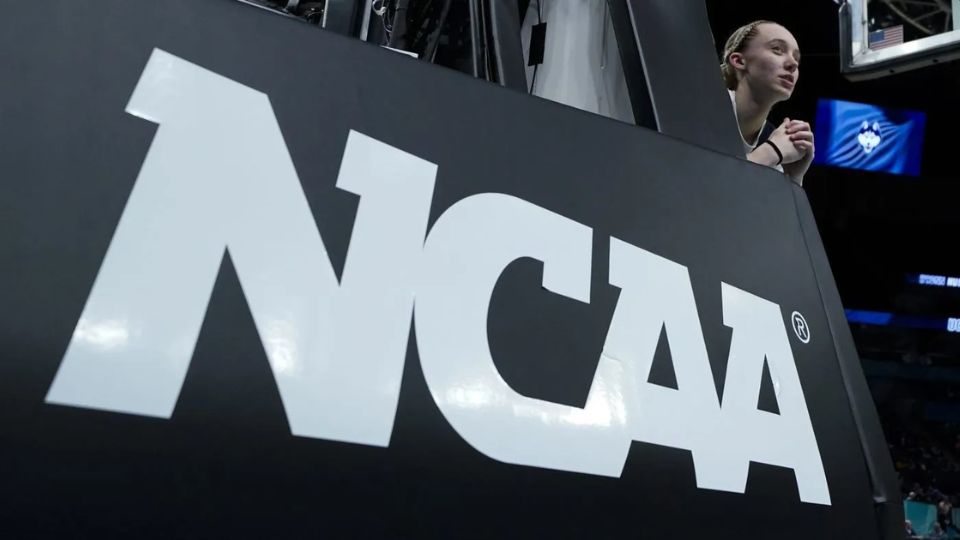On Tuesday, a large group of over 400 current and former Olympic, professional, and collegiate athletes, along with over 300 academics and around 100 advocacy groups, released separate letters. These letters were urging the NCAA to not ban transgender women from participating in women’s college sports.
The letters were organized by Athlete Ally, an LGBTQ sports advocacy group. Some of the people who signed the letters are Megan Rapinoe, who used to be a co-captain of the U.S. Women’s National Team soccer, Sue Bird, who used to play basketball in the WNBA and in the Olympics, and R.K. Russell, who used to play in the NFL as a defensive end.
“We ask you to make the right choice and acknowledge that sports is meant for everyone,” states the letter signed by the athletes. “Transgender women should not be prohibited from participating in NCAA women’s sports.”
In a different statement, Rapinoe, who is considered one of the most well-known athletes to join, expressed her opinion on the matter. As a two-time Olympic medalist, she stated that the bans targeting transgender athletes under the guise of “protecting women’s sports” do not represent us and provide no actual protection.
“Sports should be inclusive for everyone, including transgender athletes,” said Rapinoe in a statement released by Athlete Ally. She believes that now is the right time for the NCAA and the athletic community to support this idea.
Also Read: Spring Homebuying Season in Pennsylvania Rises with Sales and Prices
The NCAA responded to questions about the letters by stating that college sports are the main platform for women’s sports in America. They also mentioned their commitment to promoting Title IX, making significant investments in women’s sports, and ensuring fair competition for all student-athletes in NCAA championships.
Since 2010, the NCAA has allowed transgender women to participate in women’s sports teams as long as certain conditions are met. In 2022, the association said that it would use a new approach for each sport. The current guidelines, similar to the guidelines from 2010, state that transgender women must take testosterone suppression treatment for at least one year. However, the new rules mostly leave the details up to the national governing body for each sport.
The new rules caused a lot of controversy after transgender swimmer Lia Thomas had a winning streak during the 2021-2022 season at the University of Pennsylvania.
Tuesday’s letters are part of a larger and controversial discussion about transgender people participating in sports. A recent report from Gallup found that 69% of people believe that transgender athletes should only be allowed to participate in sports teams that align with the gender they were assigned at birth.
The NCAA is a big organization that oversees college sports. It has almost 1,100 member schools. The NCAA has played a major role in this discussion.



Leave a Reply